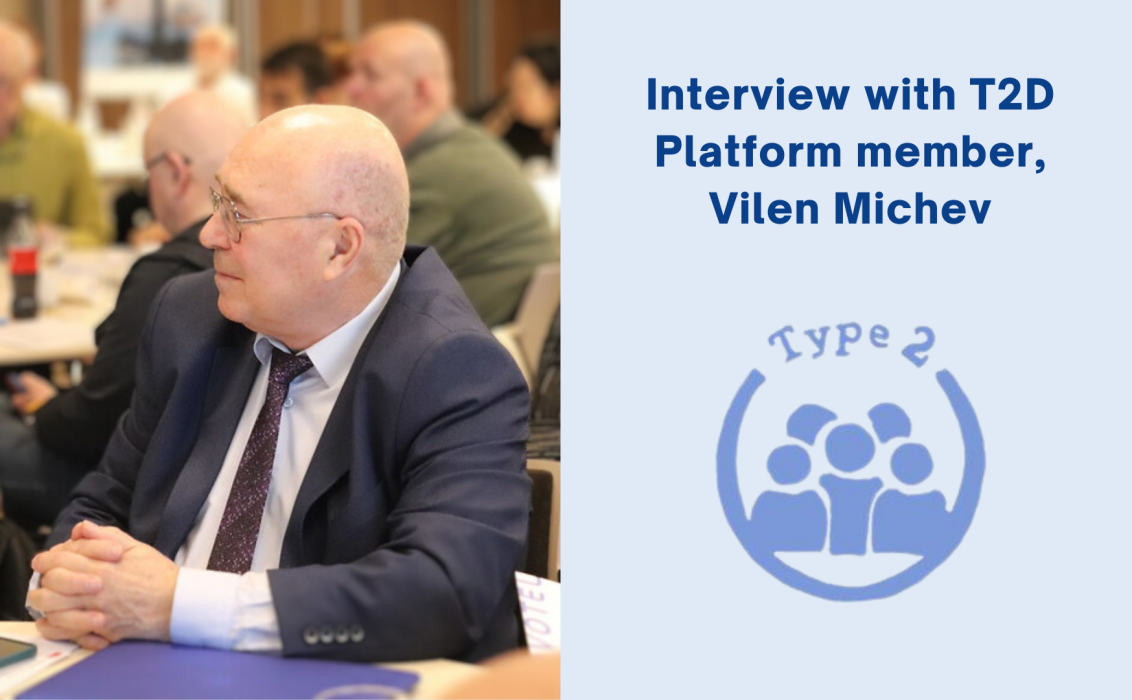With both the Council and the Parliament securing their negotiating mandates, the first trilogue on the Health Technology Assessment (HTA) Regulation was scheduled to take place at the end of April.
HTA assesses the value of health technologies – medicines, medical devices, diagnostic tools, measures for disease prevention, etc. – compared with other technologies. The regulation aims to strengthen EU-level collaboration for assessing health technologies, with a view to speeding up the adoption and deployment of new health technologies within healthcare systems.
The proposal envisages common work in four areas:
- Joint clinical assessments pertaining to the most innovative health technologies;
- Joint scientific consultations between health technology developers and HTA authorities;
- Identification of promising health technologies at an early stage;
- Voluntary cooperation in areas not covered by compulsory cooperation.
For people living with diabetes and other conditions, the potential benefits are clear: improved access to innovative technologies through reduced duplication of efforts and optimisation of resources and expertise. This could lead to additional capabilities supporting diabetes management and lowering the risk of diabetes-related complications and might also help prevent the development of type 2 diabetes.
A pre-requisite to an improved HTA framework will be to enhance the role of people living with diabetes and other conditions as well as patient representatives and civil society at large in all decision-making processes and treat them as equal partners in the process. Inclusive and transparent joint consultations should include people living with diabetes and other conditions as they are the best placed to make decisions concerning their care. Patients should be engaged throughout the life cycle, starting with early dialogue, through to the writing of the reports and the re-assessment stage.
Overall, the HTA is an important building block towards a European Health Union. A robust framework for cooperation among member states will benefit industry and patients alike if an ambitious agreement among institutions is reached that puts the patient at the centre of the discussion.



